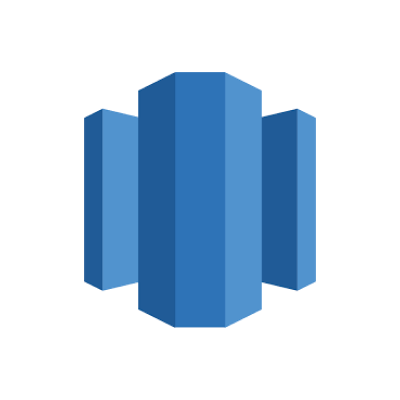Compare - Databricks VS Tableau
Here’s the difference between Databricks and Tableau. The comparison is based on pricing, deployment, business model, and other important factors.
About Databricks
Databricks provides a data lakehouse that unifies your data warehousing and AI use cases on a single platform. With Databricks, you can implement a common approach to data governance across all data types and assets, and execute all of your workloads across data engineering, data warehousing, data streaming, data science, and machine learning on a single copy of the data. Built on open source and open standards, with hundreds of active partnerships, Databricks easily integrates with your modern data stack. Additionally, Databricks uses an open standards approach to data sharing to eliminate ecosystem restrictions. Finally, Databricks provides a consistent data platform across clouds to reduce the friction of multicloud environments. Today, Databricks has over 7000 customers, including Amgen, Walmart, Disney, HSBC, Shell, Grab, and Instacart.
About Tableau
Tableau is a cloud-based visual analytics solutions provider. It provides software applications for analytics and visualization. Its products include Tableau Desktop, Tableau Server and tableau online for cloud deployments. Some of the products can work with huge data live or in-memory, mash up data sources, visualize data in multiple ways. Users can build dashboards, create interactive data applications.
Comparison Table
| Overview | ||
|---|---|---|
| Categories | Data Warehouses, Data Lakes | Business Intelligence (BI) |
| Stage | Late Stage | Late Stage |
| Target Segment | Enterprise, Mid size | Enterprise, Mid size |
| Deployment | SaaS | SaaSOn Prem |
| Business Model | Commercial | Commercial |
| Pricing | Freemium, Contact Sales | Contact Sales, Free trial |
| Location | San Francisco, US | California, US |
| Companies using it | ||
| Contact info |
Add to compare
